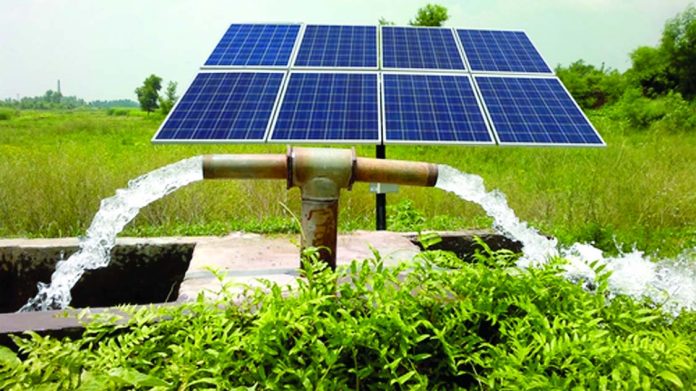Why Icelanders Are Happier Than Ever in 2025

April 13, 2025
Iceland consistently ranks among the world’s happiest nations, and in 2025, its citizens report unprecedented levels of well-being. This surge in happiness can be attributed to a combination of progressive policies, strong community bonds, and a deep connection to nature.
Shorter Workweeks and Enhanced Work-Life Balance
Since implementing a 36-hour workweek in 2019, nearly 90% of Iceland’s workforce now enjoys reduced hours without a drop in productivity. This shift has led to better work-life balance, increased job satisfaction, and reduced stress levels. Men are more involved in child-rearing, promoting gender equality and family cohesion.
Robust Social Support and Community Trust
Iceland’s strong sense of community ensures that citizens feel supported and valued. The country’s welfare policies provide healthcare, education, and social services that promote a high standard of living. Social gatherings and traditions foster a sense of belonging and shared joy.
Diet and Connection to Nature
The Icelandic diet, rich in omega-3 fatty acids from fish and dairy products like skyr, contributes to physical and mental well-being. Additionally, the nation’s breathtaking landscapes encourage outdoor activities, further enhancing happiness.
Gender Equality and Progressive Policies
Iceland leads globally in gender equality, with policies that support equal pay and parental leave. The cultural shift towards “konur eru konum bestar” (women are the best to women) fosters a supportive environment for women, promoting collective empowerment.
Environmental Stewardship
Iceland’s commitment to renewable energy and sustainable living contributes to its citizens’ happiness. The country’s approach to tourism and environmental conservation ensures that natural serenity is preserved for future generations.
In summary, Iceland’s blend of progressive policies, community support, healthy lifestyles, and environmental consciousness creates a society where happiness thrives.





